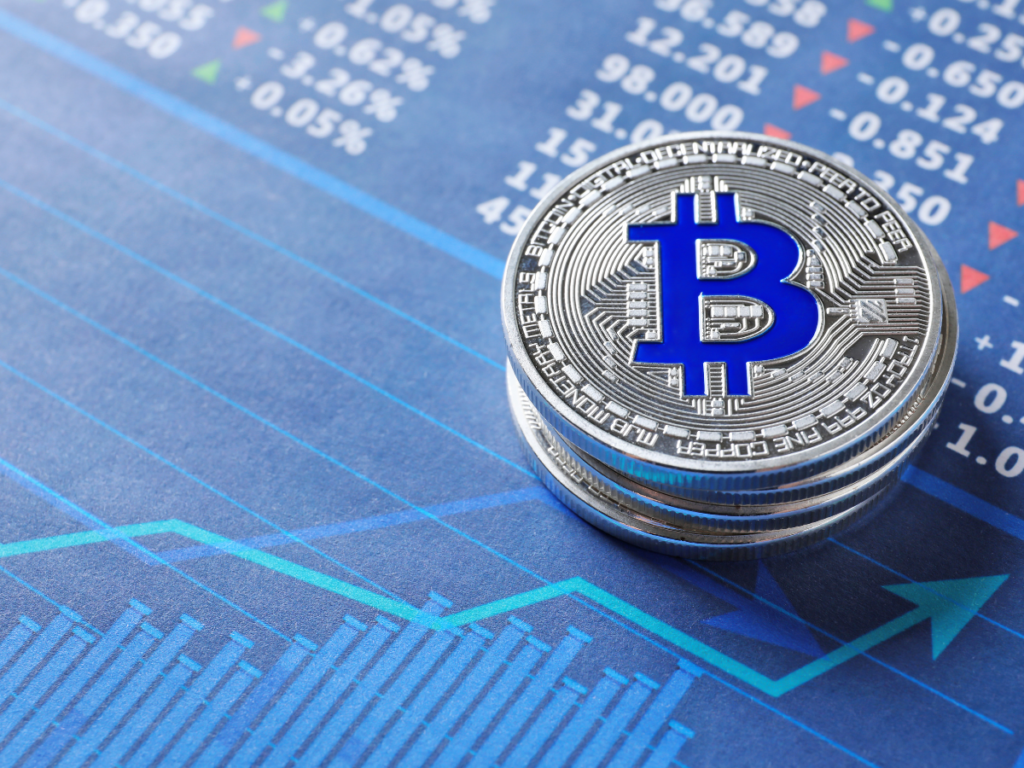Bitcoin surges in Argentina post-Javier Milei’s election, driven by his pro-crypto policies favoring private sector involvement in finance.
Following Javier Milei’s election as Argentina’s new president last night, the cryptocurrency advocate and recent victor of the presidential election has seen the price of Bitcoin rise back to almost all-time highs in the nation.
As “the return of money to its original creator: the private sector,” Bitcoin has previously garnered positive support from Argentina’s recently elected president.

Election-related effects: Bitcoin prices in Argentina are approaching record highs
As expected, with backer of the prestigious cryptocurrency Javier Milei winning last night’s presidential election in Argentina, the price of Bitcoin is once again on the verge of all-time highs in that nation.
In particular, following the news, the value of Bitcoin increased by 2%, from roughly 13 million to 13.2 million Argentine pesos, before leveling off. The current value, as per CoinGecko data, is 13.17 million Argentine pesos.
Nevertheless, even with the price increase, Bitcoin has not yet surpassed its previous all-time high in the nation, which was achieved on November 16 at 13.37 million Argentine pesos.
That number was established in tandem with Milei’s meteoric ascent to prominence, making it the front-runner on the decentralized forecasting network Polymarket.
Furthermore, the present increase is not comparable to what happened on August 13, the day Milei won the summer primaries, which caused Bitcoin to jump by more than 20% to 10.2 million Argentine pesos in a single day.
According to pricing data from The Block, Bitcoin has increased 1.5% in US dollars during the last day and is presently trading at about $37,215.
“Bitcoin as an alternative to economic decline,” says Javier Milei
The recent Argentine presidential winner, Javier Milei, called the central bank a “scam” and stated his support for Bitcoin’s potential as a monetary alternative.
Milei appears to be moving more in the direction of dollarizing the economy and replacing Argentina’s central bank than he is toward the acceptance of Bitcoin as legal tender, despite similarities to El Salvador’s president Nayib Bukele, who legalized the cryptocurrency in his nation.
In contrast to the central bank’s purported deceit, Milei emphasized that Bitcoin offers the potential to give the private sector back authority over the currency.
The president-elect thinks countries won’t give up their legal currencies easy, despite Bitcoin’s ability to compete with other currencies.
Furthermore, there have been conflicting responses to Milei’s triumph in the cryptocurrency space. While some in the field have congratulated him, others have emphasized the optimism that Bitcoin holds for Argentina.
Some, meanwhile, are worried about the potential social and economic repercussions of his administration. When Milei becomes office on December 10th, expectations and doubts regarding Argentina’s future course are raised.
Following reforms in Argentina, Bitcoin soars to $37,000 once more
According to CoinGecko data, the cryptocurrency market has seen a tremendous growth, with Bitcoin (BTC) currently reaching $37,000.
As we’ve already said, this improvement is a result of pro-Bitcoin candidate Javier Milei winning Argentina’s presidential election.
In reality, Javier Milei, who is well-known for his extreme economic views and advocacy of Bitcoin, won the Argentine elections, demonstrating a desire for economic reform in the face of severe problems and rising inflation.
According to financial analyst Holger Zschaepitz, the impact of his triumph was positively reflected in the price of Bitcoin, which increased dramatically.
Furthermore, cryptocurrencies are becoming more popular in Argentina, a country already plagued by economic instability, as a way to protect against inflation.
Milei’s ascent to prominence raises the possibility of new laws supporting cryptocurrencies, solidifying Argentina’s standing as one of the world’s most pro-Bitcoin countries and opening the door for additional adoption inside the nation’s banking sector.











